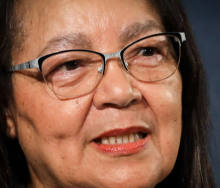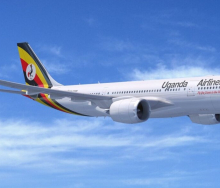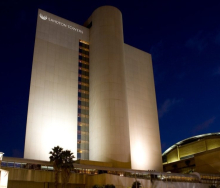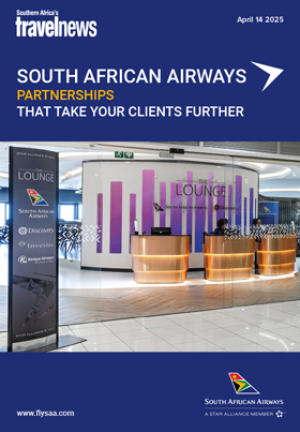Africa has the greatest unused potential for aviation development in the world. It is home to 18% of the world’s population but accounts for just 3% of global GDP. And it accounts for an even smaller share of global air transport – just 2%.
So said IATA Director General Willie Walsh, addressing delegates at the 56th African Airlines Association (AFRAA) Annual General Assembly (AGA) in Cairo, Egypt, this week.
The event focused on issues in the development of air transport in Africa in general and development opportunities for African airlines in particular.
A driving force
An AFRAA spokesperson highlighted that air transport is one of the major driving forces behind the socio-economic development of Africa, which requires an efficient, reliable, fast and safe air transport system in order to achieve physical integration and support the development of trade and tourism.
“At its core, aviation serves as a catalyst for economic growth driving trade, tourism and investment. The aviation industry supports millions of jobs worldwide and contributes significantly to GDP. In Africa, the aviation industry supports an estimated 7,7 million jobs and US$63 billion ( in African economic activity.”
According to AFRAA, air transport has steadily brought African countries closer together and contributed to the expansion and deepening of intra-African commerce and trade.
Since the last quarter of 2023, passenger traffic carried by African airlines has reached 2019 levels while intra-African connectivity has already surpassed the pre-COVID level. “This progress is backed by deliberate initiatives among industry stakeholders and AFRAA’s priorities are aligned to support the sector accordingly,” said an AFRAA spokesperson.
‘Enormous challenges’
Walsh is upbeat about the African aviation industry’s “readiness” to take advantage of this potential to grow airlines and connect the continent.
He acknowledged the challenges: “I also understand the enormous challenges you face – among these are high costs and taxes, including the highest into-wing jet fuel prices in the world, low adoption of global safety standards and airport infrastructure in need of investment.
“I want to assure you that we work closely with AFRAA. We are focused on your needs and we are looking at how we can support our members’ success even more effectively.”
He identified three critical issues in need of urgent attention: aviation safety, sustainability and blocked funds.
Blocked funds
Walsh said airlines deliver significant socio-economic benefits. “But we are not charities. You have every right to count on the repatriation of funds for tickets sold across your global networks.”
He highlighted that, globally, US$1,662 billion (R30,13 billion) of airline money is blocked from repatriation – US$950 million ( of this is in African countries.
Within Africa, the largest amounts are in Central Africa and the zones where the franc is the dominant currency. According to Walsh, this is where over US$300 million is withheld.
“Working with your teams, progress has been made. But every success seems to be balanced by an increase somewhere else – the problem is persistent.”
No country wants to lose connectivity, which drives economic prosperity. “That is the strongest point in our argumentation,” commented Walsh.
If airlines cannot repatriate their revenues, they cannot be expected to provide service, he noted. Economies will suffer if connectivity collapses.
“So it is in everybody’s interest – including government – to ensure that airlines can repatriate their funds smoothly,” Walsh said.
















